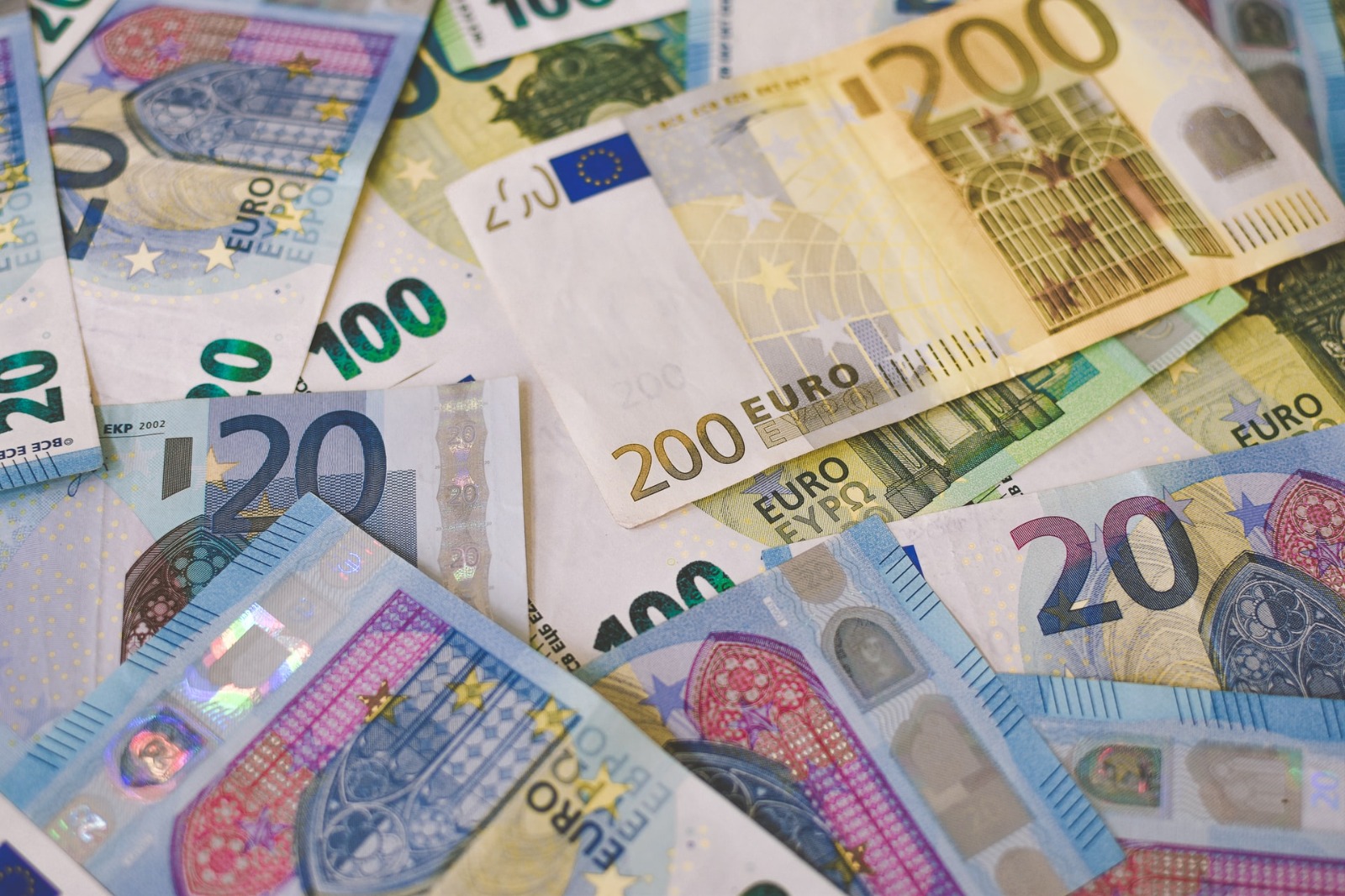More economic sectors are adjusting to the post-pandemic reality as measures introduced in response to the disruption caused by COVID-19 continue to be repealed, with the latest of these being a directive issued by the Central Bank of Malta (CBM) which provided banks with some leeway in the provision of essential services.
The CBM’s Directive 17, which stipulated revised minimum service expectations meant to allow banks to continue serving the general public as smoothly as possible, has been repealed as from 9th May 2022 (today), for what many certainly hope to be the last time.
The directive set maximum outages allowed to banks “as part of their contingency arrangements, when providing essential services to their clients”.
These included the deposit and withdrawal of cash, the deposit, encashment and clearing of paper-based instruments, such as cheques, bank drafts and similar instruments, and the provision of services through alternative delivery channels.
Among other things, the directive extended banks’ time to clear cheques and drafts from three days to a maximum of six days.
It also allowed bank three days to clear a cash deposit.
On the other hand, banks were ordered to ensure that over-the-counter cash deposit services remained available for all those customers who did not have access to alternatives such as ATMs.
It was introduced to address banks’ concerns as to the wellbeing of their own staff following wide consultation with industry stakeholders.
The directive had also been repealed on 6th December 2021 before being re-issued on the final day of the same month as the country experienced the largest wave of infections since the virus hit Maltese shores.
With worries about COVID-19 receding fast, these measures affecting the banking sector are the latest to be repealed, following the removal of the vast majority of remaining restrictions last week.
MFSA flags ‘misalignment’ between objectives and public expectations of green loans
Green investment is nonetheless expected to balloon over the coming years
Super rare Ferrari Daytona SP3 spotted cruising along Malta’s roads
The car is currently being traded for a whopping €4 million
Mandatory skills pass for Maltese and EU nationals deferred for a year
The skills pass remains obligatory for third country nationals






